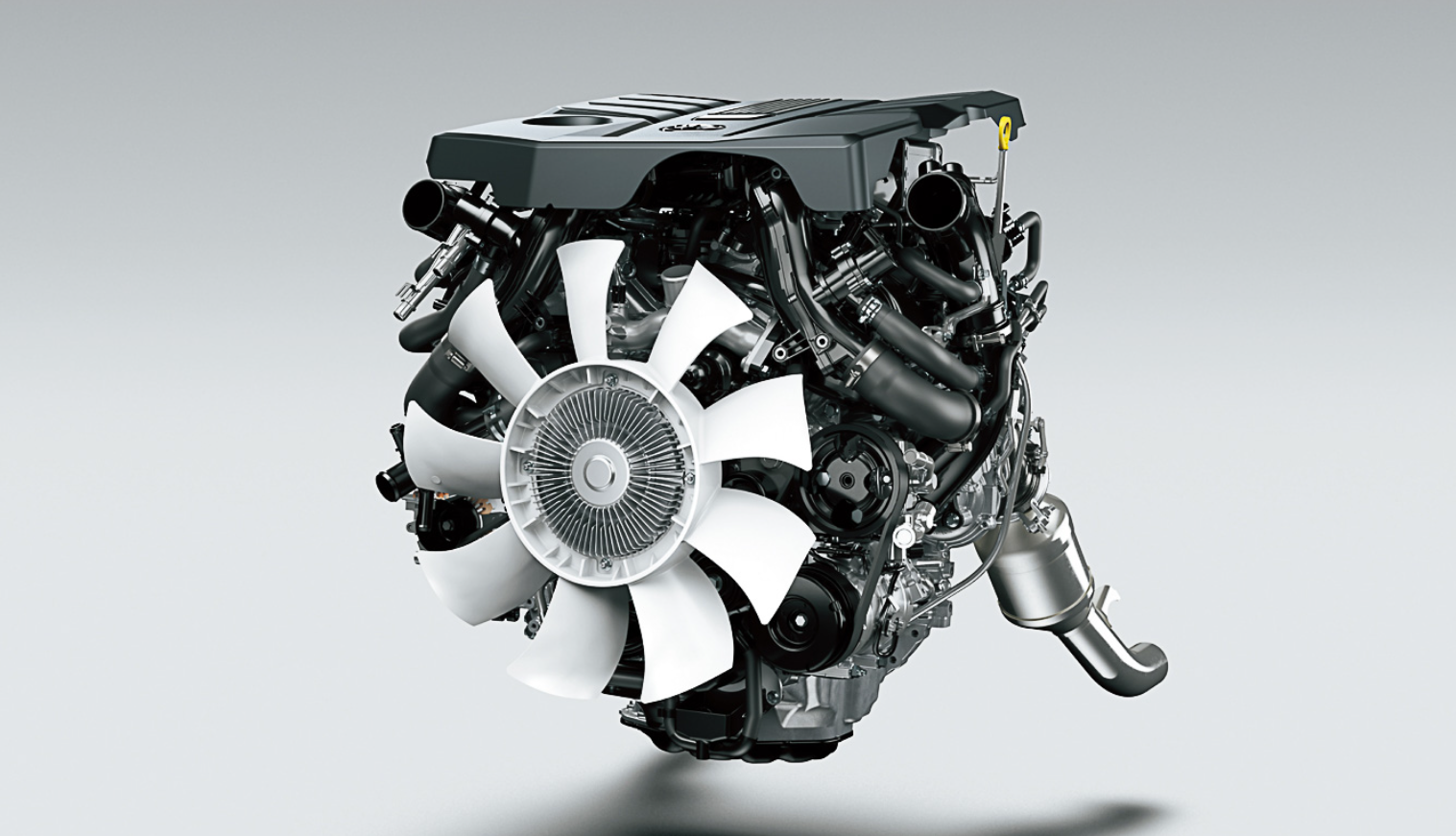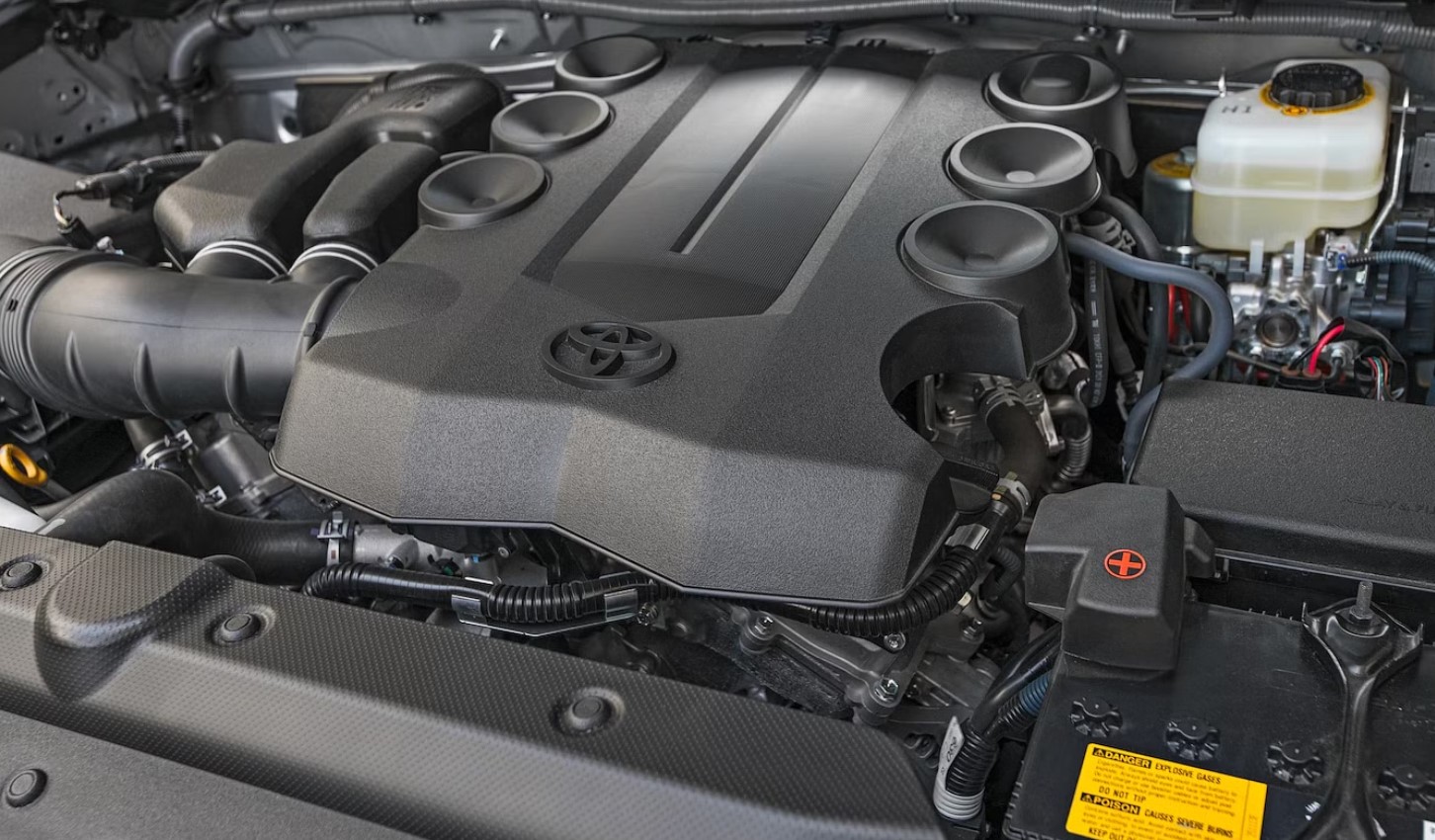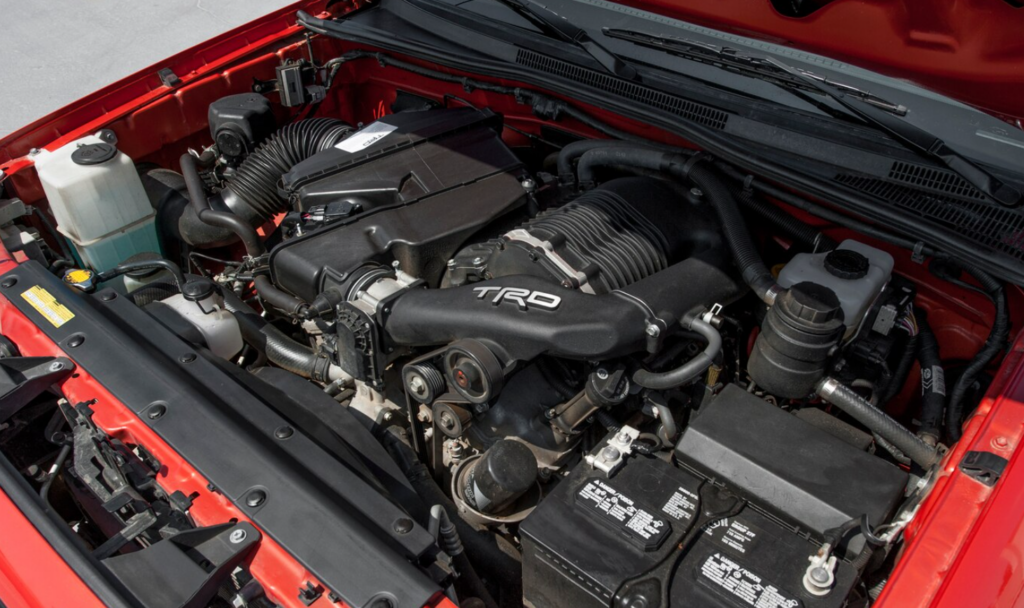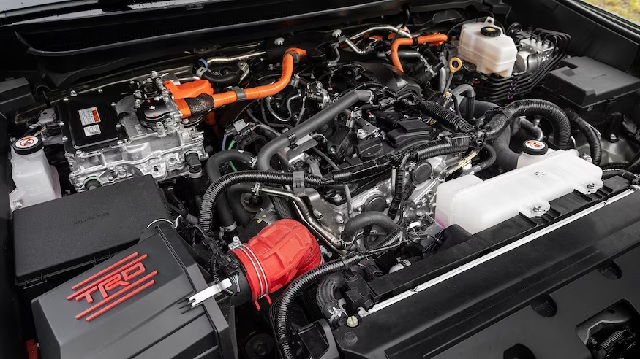The 2025 Toyota 4Runner: A Look At Potential Engine Issues
By admin / September 11, 2024 / No Comments / 2025

The 2025 Toyota 4Runner: A Look at Potential Engine Issues
The Toyota 4Runner has been a mainstay in the SUV market for decades, known for its rugged reliability and off-road prowess. While the 2025 model year is still in the future, we can glean insights into potential engine issues based on historical trends, the current model’s performance, and emerging automotive technologies.
The 2025 4Runner: Engine Options and Expectations
The 2025 4Runner is expected to carry forward the current generation’s powertrain options, likely with refinements and updates. These include:
- 4.0L V6 Engine: This tried-and-true engine, known for its torque and reliability, is likely to be the base option.
- Hybrid Powertrain: With increasing focus on fuel efficiency and emissions, a hybrid variant, possibly utilizing a combination of the V6 engine and an electric motor, is a strong possibility.
Potential Engine Issues Based on Past Models:
While the 4Runner’s reputation for reliability is strong, no vehicle is immune to potential problems. Here are some common issues experienced by previous 4Runner generations:
- Valve Cover Leaks: A common issue in earlier 4Runner models, particularly those with the 4.0L V6, is valve cover leaks. These leaks can lead to oil loss and engine damage if left unchecked.
- Timing Chain Issues: In some models, the timing chain can stretch or break, leading to catastrophic engine failure. This is often caused by neglecting routine maintenance or using low-quality oil.
- Catalytic Converter Issues: The catalytic converter, responsible for reducing emissions, can become clogged or fail prematurely due to factors like poor fuel quality or excessive engine wear.
- Fuel Pump Problems: Fuel pumps can fail, leading to engine stalling or difficulty starting. This is often attributed to age, wear, or poor fuel quality.
- Engine Cooling System Issues: Problems with the cooling system, including radiator leaks or thermostat malfunctions, can lead to overheating and engine damage.
Factors Influencing Engine Reliability in the 2025 4Runner:
- Engine Technology: The 2025 4Runner’s engine technology will likely feature advancements like direct injection, variable valve timing, and improved emissions control systems. These advancements can contribute to improved fuel efficiency and performance but also introduce new potential failure points.
- Materials and Manufacturing: Toyota’s commitment to quality and rigorous manufacturing processes are expected to continue in the 2025 4Runner. However, the use of new materials and manufacturing techniques can sometimes lead to unforeseen issues.
- Maintenance and Usage: Proper maintenance, including regular oil changes, filter replacements, and adherence to the manufacturer’s recommended service schedule, is crucial for maintaining engine health. Harsh driving conditions, towing heavy loads, and neglecting maintenance can significantly impact engine longevity.
- Environmental Factors: Factors like extreme temperatures, high altitudes, and poor fuel quality can contribute to engine wear and tear.
Emerging Technologies and Potential Challenges:
The 2025 4Runner might incorporate emerging technologies like:
- Hybrid Powertrains: While offering potential fuel efficiency benefits, hybrid systems introduce complex components like batteries and electric motors, which can be prone to their own set of issues.
- Advanced Driver-Assist Systems (ADAS): ADAS features like lane departure warning and adaptive cruise control rely on sensors and software that can malfunction and require costly repairs.
- Connected Car Technology: Increased reliance on software and internet connectivity can lead to vulnerabilities to hacking and cybersecurity threats.
Mitigating Potential Engine Issues:
- Regular Maintenance: Adhering to the manufacturer’s recommended service schedule is paramount. This includes regular oil changes, filter replacements, and inspections of key engine components.
- Using High-Quality Fluids and Parts: Using high-quality engine oil, coolant, and other fluids is essential for optimal performance and longevity. Replacing worn-out parts with genuine Toyota components is recommended.
- Driving Habits: Avoid aggressive driving habits, such as excessive acceleration and braking, which can put undue stress on the engine. Warm up the engine before driving, especially in cold weather.
- Addressing Warning Signs: Pay attention to any warning lights or unusual noises coming from the engine. Addressing issues promptly can prevent them from escalating into major problems.
Conclusion:
While the 2025 Toyota 4Runner is expected to inherit the legacy of its predecessors, it’s crucial to be aware of potential engine issues. By understanding the factors that can influence engine reliability, practicing proper maintenance, and addressing warning signs promptly, owners can help ensure their 4Runner remains a reliable and capable vehicle for years to come.
It’s important to note that this article is based on speculation and historical trends. Specific engine problems and their frequency will depend on various factors, including manufacturing variations, driving conditions, and individual usage patterns. For the most accurate information, consult official Toyota documentation and consult with a qualified mechanic.







